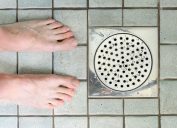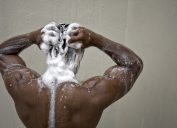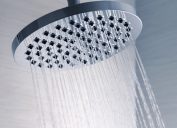You Shouldn't Be Showering Any Longer Than This, Experts Warn
A healthy shower should only last this long.

For most of us, there's nothing quite like a nice, hot shower. In fact, some people admit to routinely taking 45-minute showers. But it turns out, you should really be placing a time limit on your showering activities. In fact, according to experts, you really shouldn't be showering any longer than 15 minutes. Read on to learn why you need to limit your shower time, and for more showering tips, You're Showering at the Wrong Time Every Day, Experts Say.
"Showering for longer periods of time—or longer than 15 minutes—can adversely affect your skin, hair, and nails over time by over-drying them," explains Anna H. Chacon, MD, a board-certified dermatologist and medical expert for ZELEN Life.
According to Chacon, the ideal shower should only last around 5 to 15 minutes and should only be done once a day, at most. After all, showering is important to "maintain the health of your skin, hair and nails," but showering incorrectly can also create problems.
Jill Canes, NP, a nurse practitioner with more than 14 years of experience and founder of Face Forward Medical Aesthetics, says that even in lukewarm temperatures, long showers can dry out your skin by stripping away your skin's natural oils. She says this causes your pores to open up, which allows moisture to escape, and then your skin may start to feel tighter and could even crack, if severely dehydrated.
If you want to take longer showers, Cheryl Woodman, a skincare expert and formula scientist, says that you should absolutely turn the heat dial down. That's because "cooler water reduces the negative effects of water on skin," she explains.
But just because the water is colder doesn't mean you can spend too long in the shower, either. Woodman says a clear sign you've been in the shower too long is that your skin feels squeaky clean or tight afterwards. This can mean that "your skin barrier health is reduced," which can actually leave you vulnerable to infection.
Taking a long shower isn't the only issue that can lead to infection-prone dry skin, however. For more factors that could be contributing to your dry skin, read on, and for other bad shower habits to avoid, discover The Grossest Thing You're Definitely Doing After a Shower, Experts Say.
1
Weather

The seasons may play a part in how your skin is feeling. According to the Mayo Clinic, "skin tends to be driest in winter, when temperatures and humidity levels plummet." And for more essential shower guidance, This Is How Often You Should Really Be Showering, Doctors Say.
2
Heat
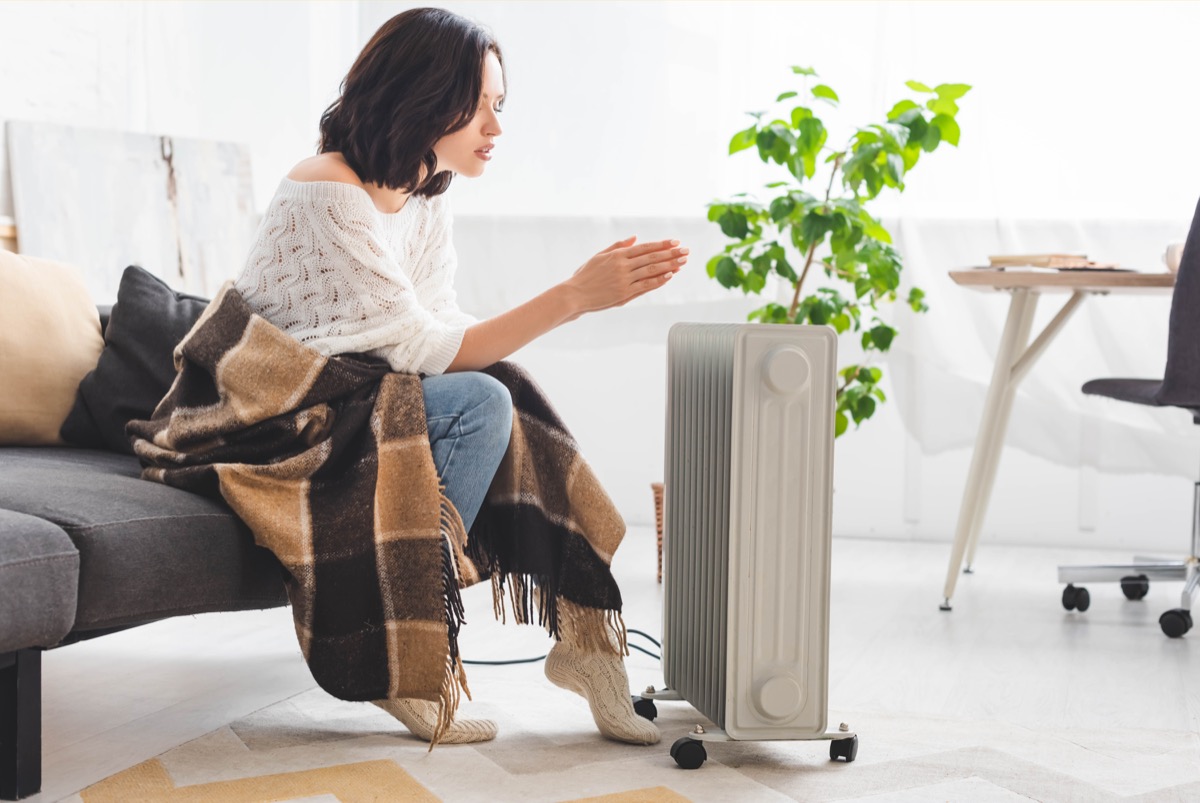
Cranking up a heater during the winter months won't do you much good, either. The Mayo Clinic says that "central heating, wood-burning solves, space heater, and fireplaces all reduce humidity," which dries out your skin. And for more useful information delivered straight to your inbox, sign up for our daily newsletter.
3
Cleaning products
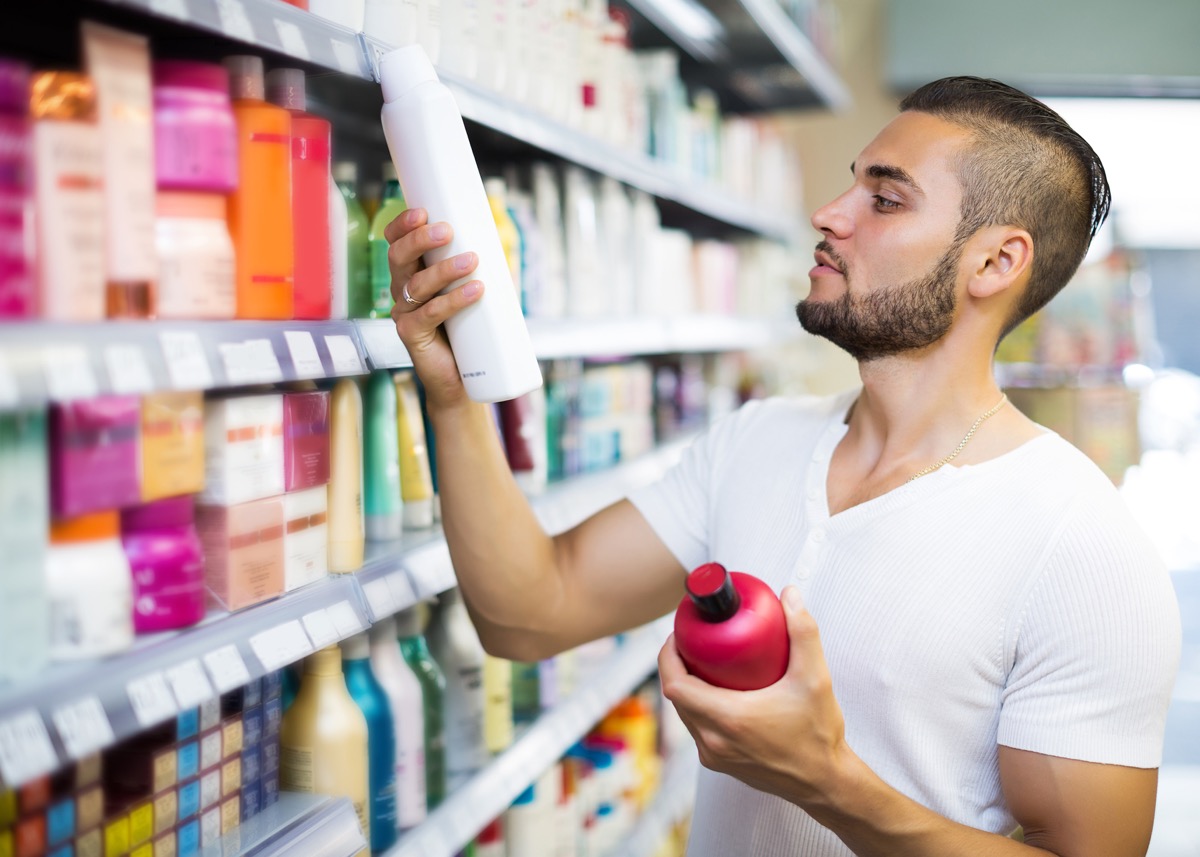
Watch out for your soaps, shampoos, and laundry detergent. The Mayo Clinic says that many of the most popular formulas for these items are actually designed to remove oil, which in turn strips moisture from your skin. And for more shampoo issues to watch out for, If You See This on Your Shampoo Label, Toss It Immediately.
4
Other skin conditions

Your dry skin could mean that a larger, more long-term issue is present. According to the Mayo Clinic, people with skin conditions like eczema or psoriasis are more prone to dry skin than people who don't have these conditions. And for more on keeping your skin healthy, check out these Skincare Mistakes That Are Aging Your Skin, According to Experts.

